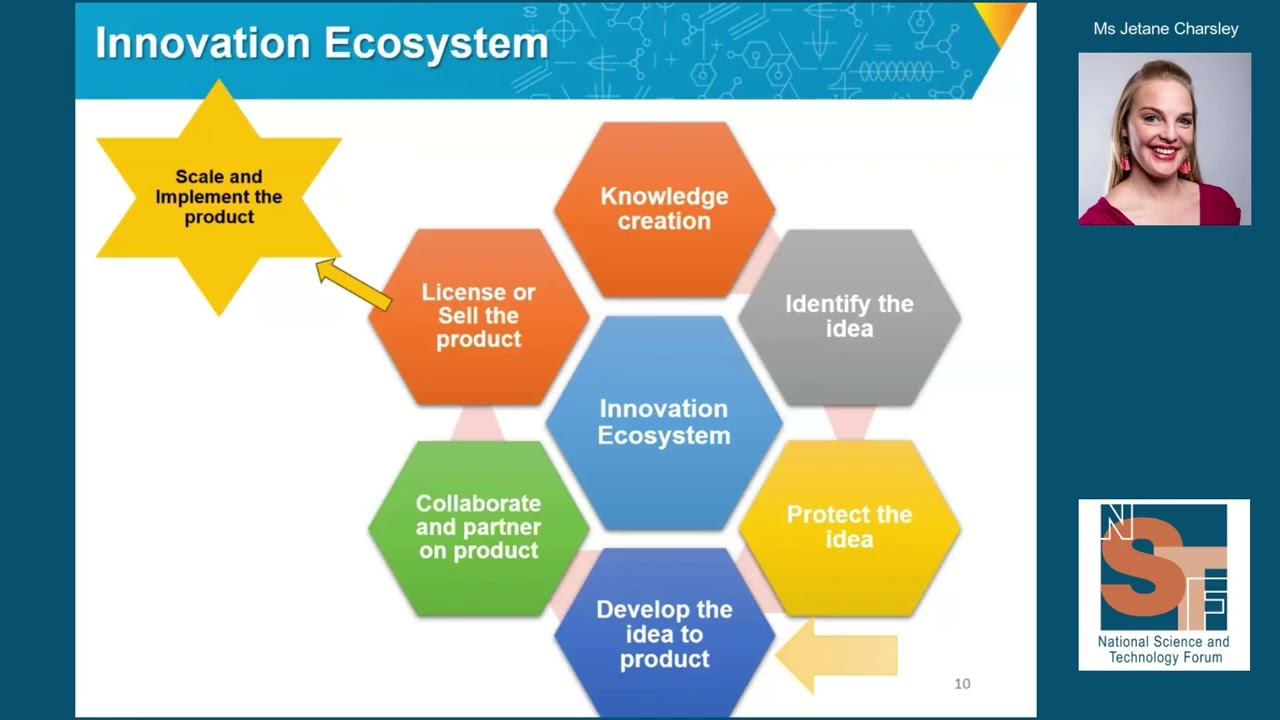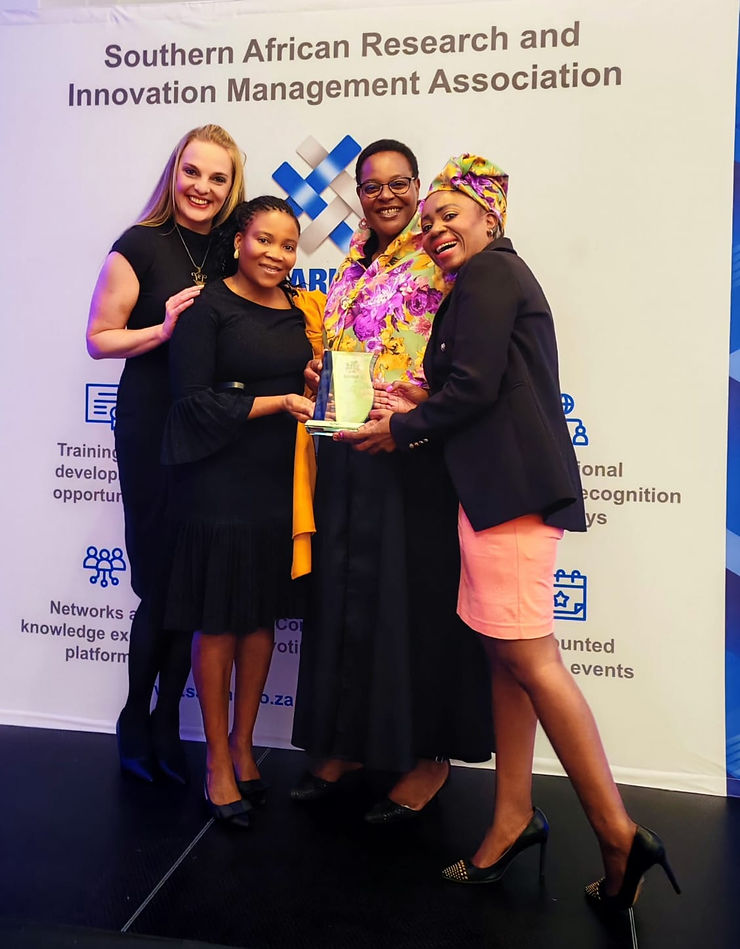Portfolio Committee Briefing Overview
Science, Technology and Innovation
11 March 2025
Chairperson: Ms T Shiviti (ANC)
Meeting Summary
The Committee was briefed by the Department of Science, Technology and Innovation and the National Intellectual Property Management Office (NIPMO) on the Intellectual Property from Publicly Financed Research and Development Act (IPR Act).
Dr Blade Nzimande, the Minister of Science, Technology and Innovation, said when the Department was first formed in 1994, one of its aims was to strengthen the country's innovation capabilities, identifying strategic weaknesses in the innovation system. An example of this could be research which hardly translated to commercialisation and intellectual property (IP). Most of the innovators consisted of the poor and working-class communities. To address the aforementioned weakness, several innovation-enabling legislative, institutional measures were in place. This included the creation of the Technology of the Innovation Agency which was for innovative IPs commercialisation from research products. The Intellectual Property from Publicly Funded Research and Development Act was passed in 2008.
Key Issues Discussed
The Committee wondered about an instance where someone acquired Intellectual Property (IP) and a large corporation challenged the originality of the IP. The Committee raised concerns about the theft of IP in the country by international companies. They asked about the beneficiaries of the NIPMO, specifically the small enterprises, and what impact the NIPMO made on local economic development. The Committee was alarmed at the allocations which were at only 3% of the budget to support millions, yet 78% was spent on salaries alone.
Minister's Opening Remarks
Dr Blade Nzimande, Minister of Science, Technology and Innovation, greeted everyone and said he would switch off his video due to having poor internet connection. He looked forward to the presentation and appreciated the support provided by the Committee on the latest Tourism Strategy.
When the Department was first formed in 1994, one of its aims was to strengthen the country's innovation capabilities, identifying strategic weakness in the innovation system namely; the innovation 'chasm'. An example of this could be research which hardly translated to commercialisation and intellectual property (IP). Most of the innovators consisted of the poor and working-class communities.
Addressing the Innovation Chasm
To address the aforementioned weakness, several innovation-enabling legislative institutional measures were in place. This included:
- The creation of the Technology Innovation Agency for innovative IP commercialisation from research products
- The Intellectual Property from Publicly Funded Research and Development Act passed in 2008
- Establishment of NIPMO to ensure research funded by public funds was identified, protected and utilised for public benefit
Historical Context and Examples
The Minister recalled the discovery of insulin in 1928. The professor who founded the insulin was paid only $2. He wondered how many billions of Rand were generated from the pharmaceutical companies that used and sold insulin for the purpose of treating diabetes. He questioned whether the University of Toronto was still benefiting from this.
Intellectual Property Leakage
Another problem which the Department sought to address was the Intellectual Property leakage; this referred to unauthorised disclosure of an organisation which was appropriated by other organisations. This leakage occurred through many means: data breaches, poor security practices, and ethical actions of an employee working for the organisation by means of plagiarism.
South African Examples
- Optimal Energy Joule (2010): South Africa produced the first electric car in the world, called the Optimal Energy Joule, but this was lost due to lack of funding and weak management. The car won many international awards.
- Rooibos Tea: An American company wanted to patent the Rooibos tea as an American product
- Please Call Me: A former Vodacom employee who invented the 'please call me' initiative faced conflict
The Minister emphasized that much of the IP was stolen from developing countries. South Africa was among the top five of the most biodiverse countries, and of the plant species in the country, only 5% were formally studied. The continent was equally biodiverse; many countries invested in the African continent and committed theft of intellectual property.
Innovation Fund and Support for SMMEs
The President mentioned the public funding for innovation in the State of the Nation (SONA) last month. The Innovation Fund was established in 2021. Its primary objective was to serve as a catalyst for the creation of the sustained growth of the high technology Small Micro and Medium Enterprises (SMMEs), and to focus on generating sustainable pipeline opportunities of viable high technology for the private sector.
The Department provided financial support. There was a long-standing debate and discussion on the Bank of South Africa, which was not responding to such initiatives; there was no start-up funding facility, and commercial banks showed no interest in supporting the SMMEs. During the COVID-19 global pandemic, R200,000,000,000 was set aside to assist the SMMEs, and hardly any of that funding reached said enterprises.
The Importance of NIPMO
NIPMO was integral to unlocking innovation in the country, commercialising it, and supporting it as part of contributing to economic growth and development in the country, especially those in the poor and working-class sectors. The task of protecting IP was strenuous and NIPMO may be out of depth in this regard. The Department may need to enhance the NIPMO.
Source: Parliamentary Monitoring Group




